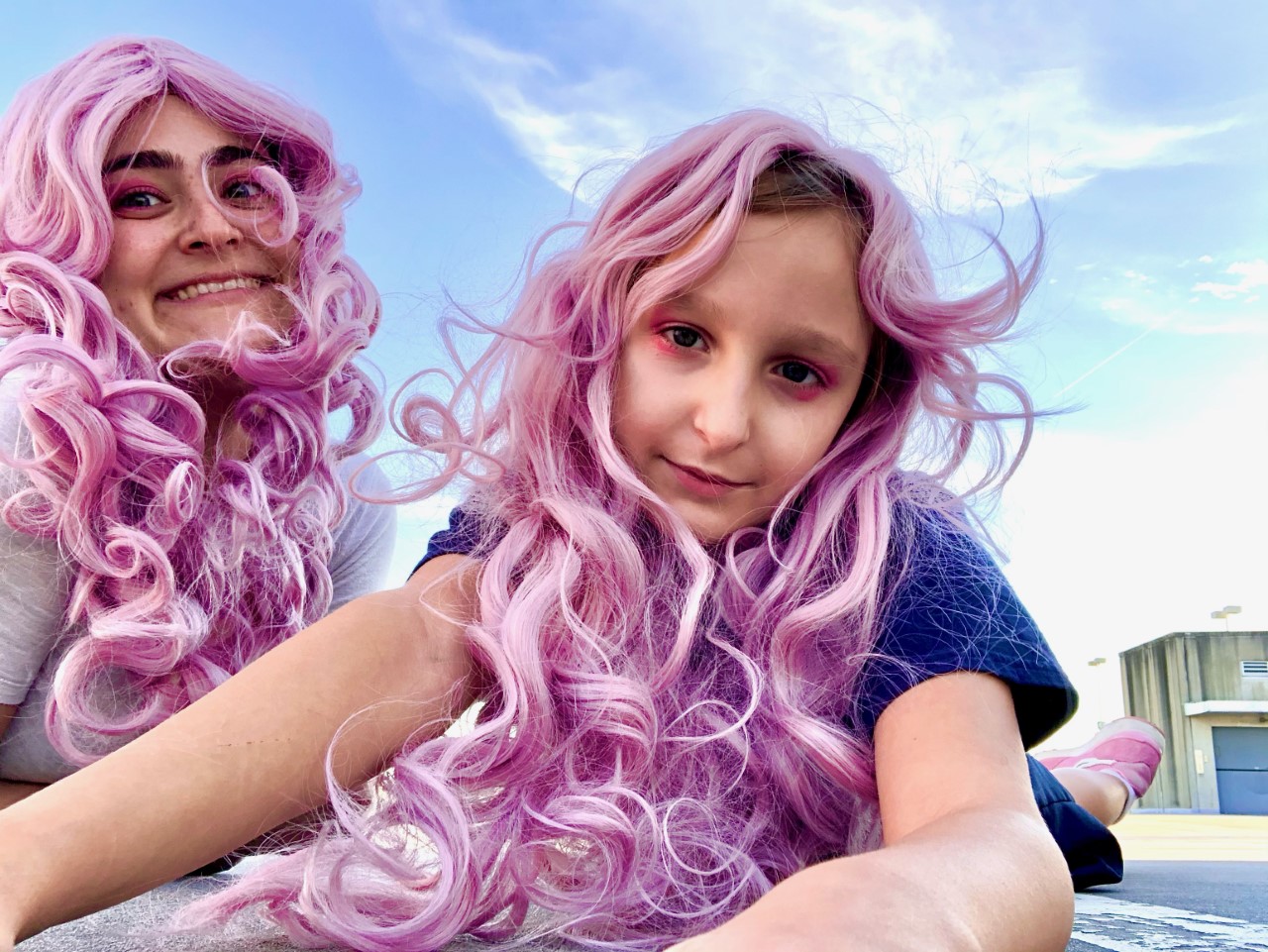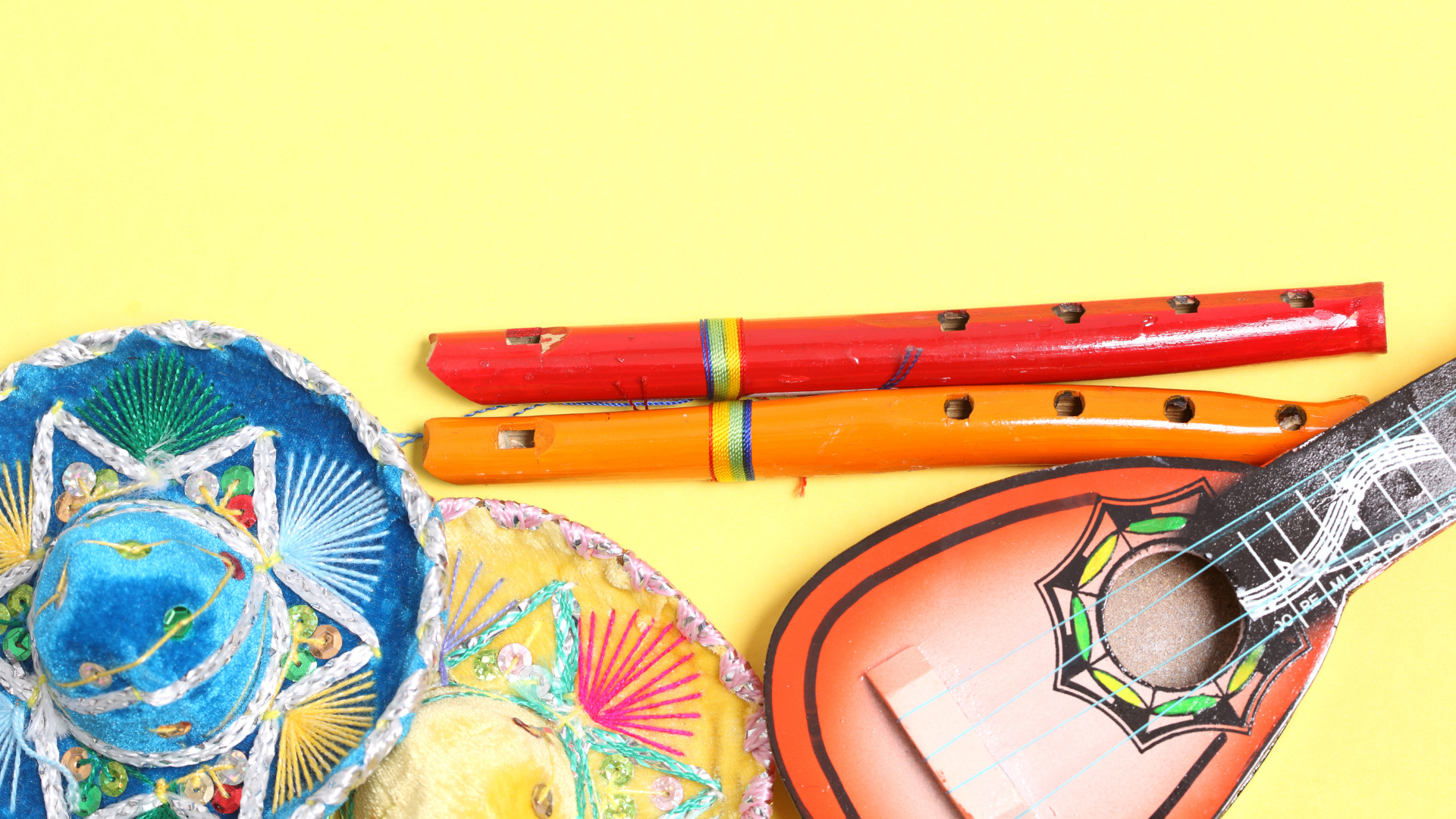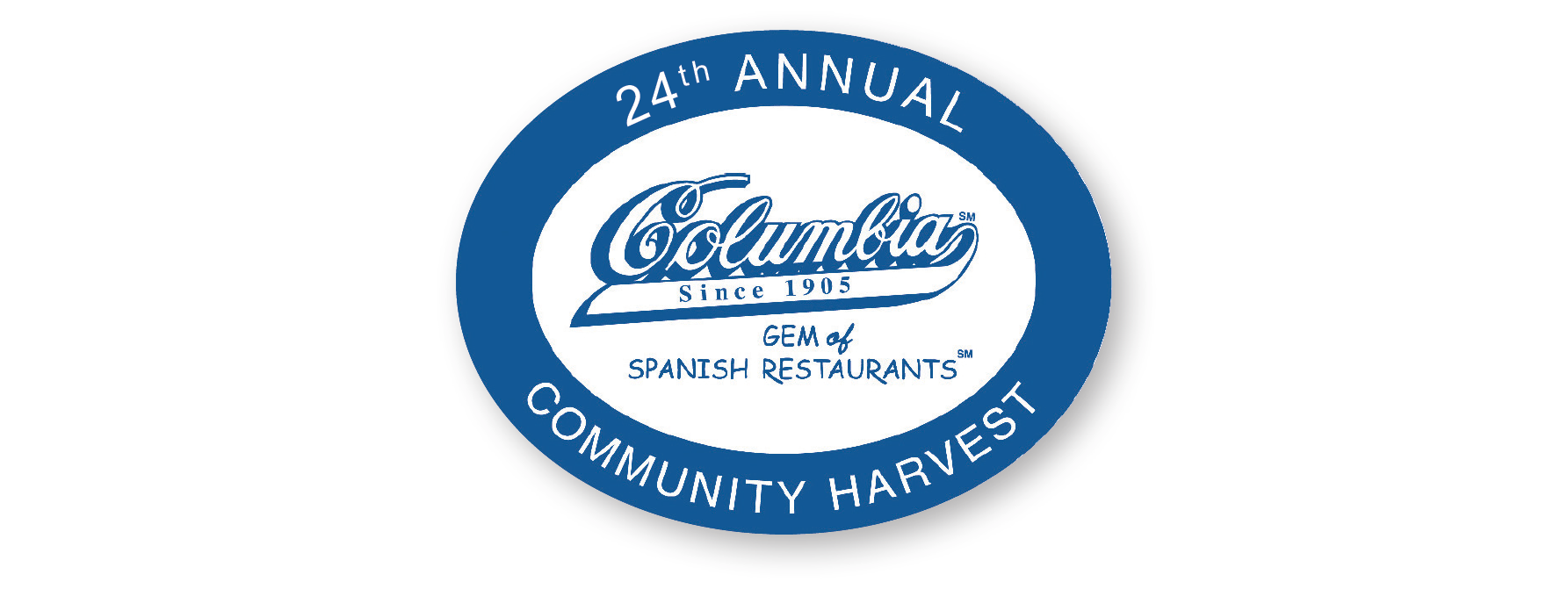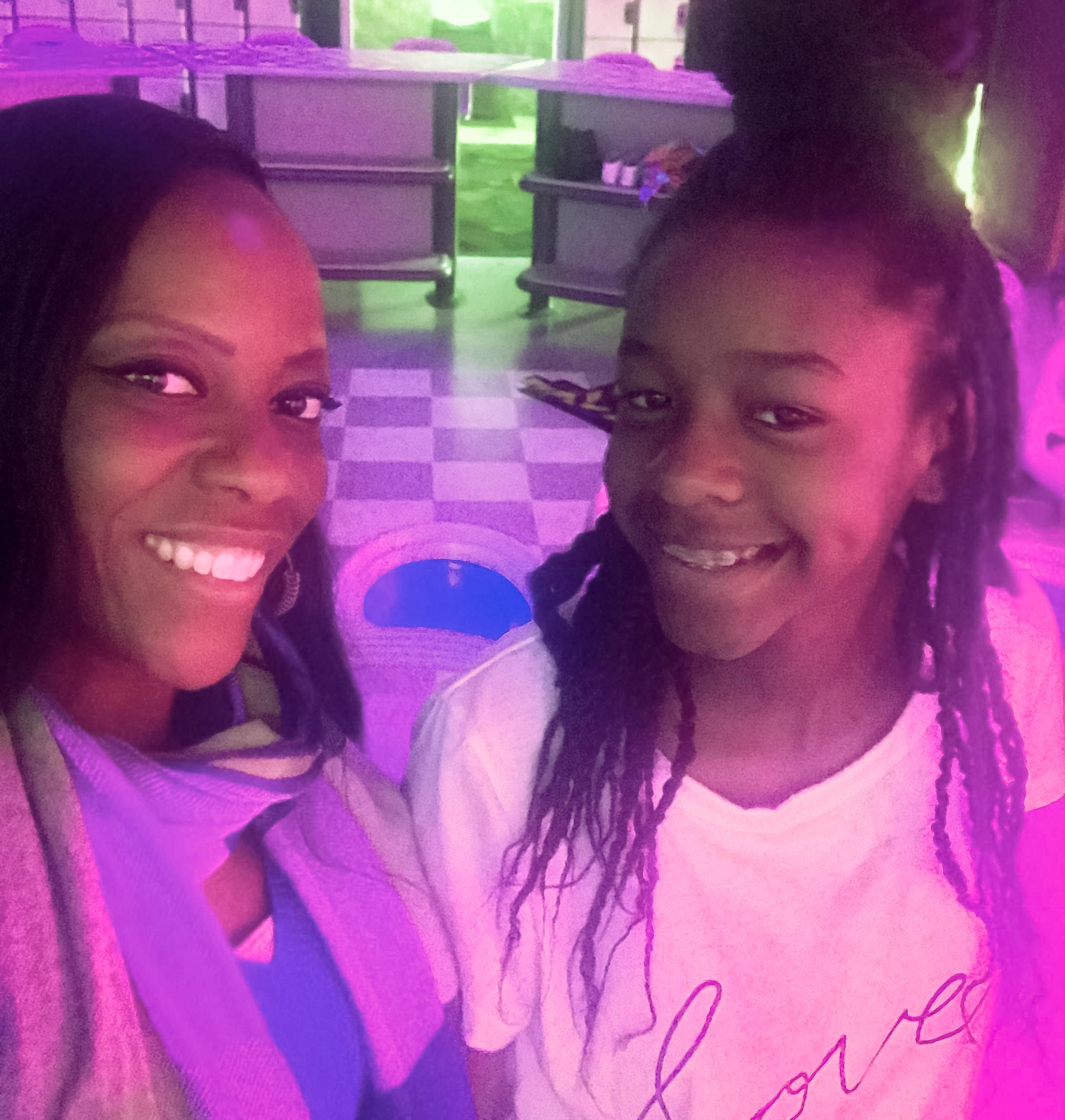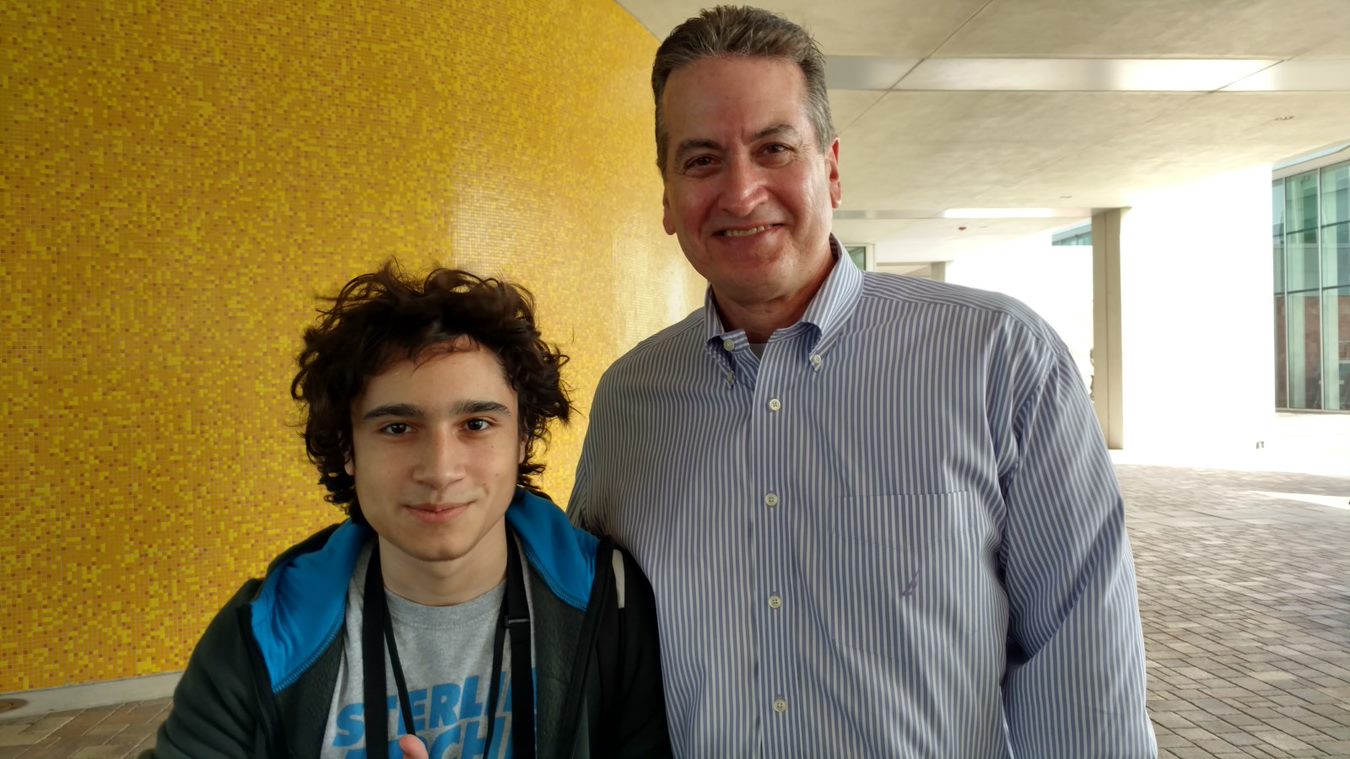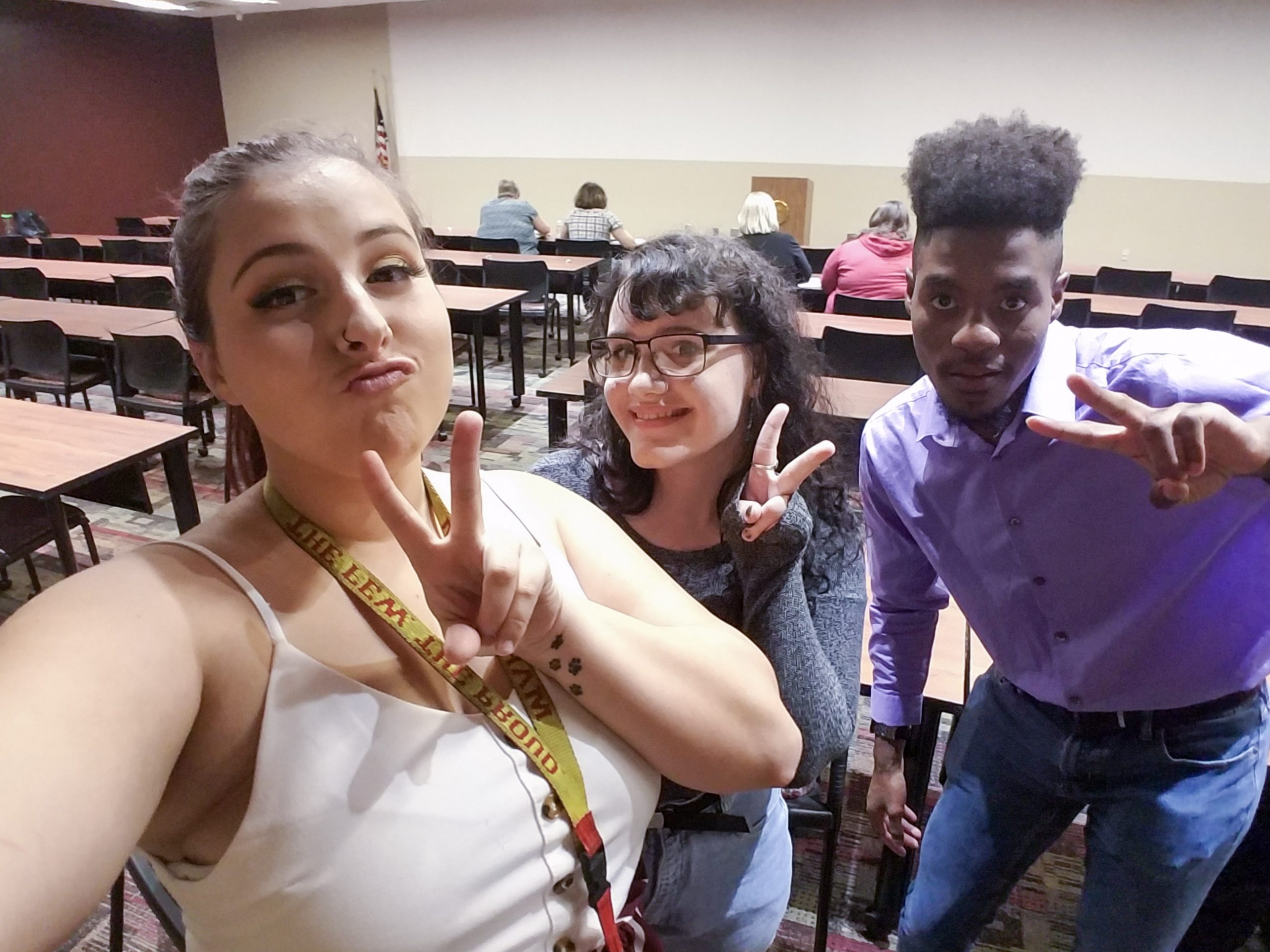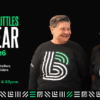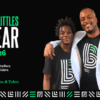
Search Institute introduces the Five Elements of the Developmental Relationships Framework based on decades of research.
These elements are critical to forming and strengthening positive relationships that young people need to grow and thrive.
“Pretty much everyone who works with kids and interacts with them knows that relationships matter, incredibly, for how they develop, for how they perform in school, for where they end up in the future. But that doesn’t mean you know how to build a relationship with a young person that you work with or that you just care about,” says Dr. Kent Pekel, Former president and CEO of Search Institute
The five elements that adults can take to create lasting developmental relationships include:
1. Express Care: let kids know that they matter to you.
2. Challenge Growth: pushing kids to continually get better no matter how well they are already doing.
3. Provide Support: helping kids complete tasks and reach their goals.
4. Share Power: treating kids with respect and giving them a say.
5. Expand Possibilities: connecting kids with people and places that broaden their worlds.
When kids experience relationships characterized by these five elements, they are more likely to possess critical social-emotional skills like motivation, a sense of belonging, empathy, and much less likely to be involved in risky behaviors.
When interacting with kids in your life, whether it’s your Little or a child you care for, use these five elements to build a relationship to help kids be and become their best selves.
Do you want to express care, challenge growth, provide support, share power, and expand possibilities for a child in your community, become a mentor, or Big, with Big Brothers Big Sisters of Tampa Bay? Attend a Big Orientation & Training session to get started.

